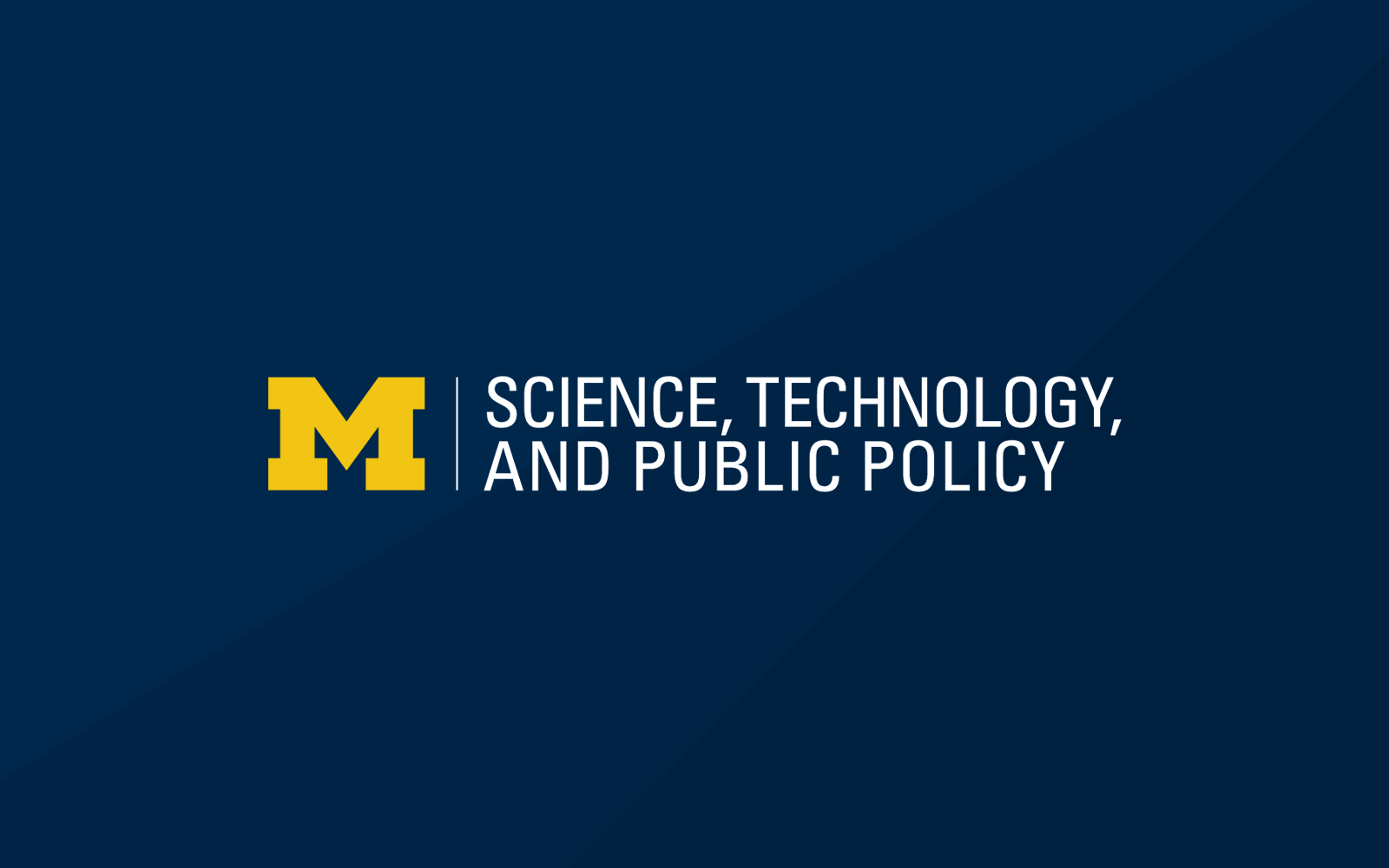
Two graduate certificate students in the Ford School’s Science, Technology, and Public Policy (STPP) program have been selected for the inaugural cohort of the Quad Fellowship, a program designed to spur interdisciplinary scientific and technological innovation while building ties among and empowering the next generation of STEM leaders.
Fellows from Australia, India, Japan and the United States, known as the Quad countries, will receive a one-time award of $50,000, which can be used for tuition, research, fees, books, room and board, and related academic expenses. Besides the financial benefits, they will have a cross-cultural exchange, cohort-wide trips and mentorship.
Beginning in August 2023 and extending through until the end of the academic year, fellows will participate in regular virtual and in-person workshops on various themes, including the intersection of STEM and society, ethics and innovation and emerging technologies.
U-M doctoral candidates Elana Goldenkoff (Movement Science, School of Kinesiology) and Divya Ramesh (Computer Science and Engineering, College of Engineering), who are both receiving specialized training in the intersections between science, technology, policy, and society through STPP’s graduate certificate program, are part of the inaugural cohort of 100 science, technology, engineering and mathematics graduate students from the Quad countries. Ramesh is a nominee from India.
"I applied to Quad because of its mission to use science to advance societal good and promote international and interdisciplinary science collaboration between the four countries," said Goldenkoff. "As a fellow, I will learn about the global research landscape, STEM-related foreign policy, and how to communicate about science to lawmakers and the public across the four Quad nations."
In addition to her Ph.D. and STPP work, Goldenkoff is active with the Big Ten Voting Challenge and Democracy and Debate. She also works with Women in Science and Engineering to develop co-curricular activities to teach students skills in science communication, research ethics and data usage in advocacy efforts.
“Through my Ford School classes on science policy with Prof. Shobita Parthasarathy and international policy with Prof. John Ciorciari, I have become really interested in science diplomacy as a career. The cross-cultural experiences, peer-to-peer networking, and professional development opportunities I will have with Quad will be invaluable to me as I begin the transition from doctoral student to career professional,” she said.
"I am really excited about the opportunity to build a cross-cultural and knowledge exchange network with the other fellows and for the program's mentoring and career development," she added.
Ramesh commented, “I feel very honored to join this stellar cohort. I thank my advisors and other mentors who reviewed my application materials and wrote letters of support. I look forward to translating insights from my research on algorithmic accountability into policy recommendations through the opportunities afforded by this fellowship."
Two other Michigan students were also named Quad Fellows, including PhD candidate Mohammad Aamir Sohai (Quantum Information Theory) and Sophia Simon, who graduated from U-M with a bachelor's degree in microbiology and is now pursuing a Ph.D. in ecology at the University of California, Davis.
This cohort of Quad Fellows is a diverse group of scientists, technologists, engineers and mathematicians. They are studying 16 fields, ranging from astronomy, biology and oceanography to computer science, engineering and mathematics.
National Security Advisor Jake Sullivan congratulated the inaugural Quad cohort, saying, “We are proud to welcome a group of 100 diverse, interdisciplinary, inspiring, and exceptional students who are the next-generation of great STEM minds. Each of them have demonstrated their commitment to advancing innovation and collaboration among our four great democracies and an enthusiasm for building a better tomorrow for the Indo-Pacific and the world.”
This article includes elements from an original article by Fernanda Pires of Michigan News: U-M students chosen for new STEM fellowship, Michigan News, December 12, 2022.
